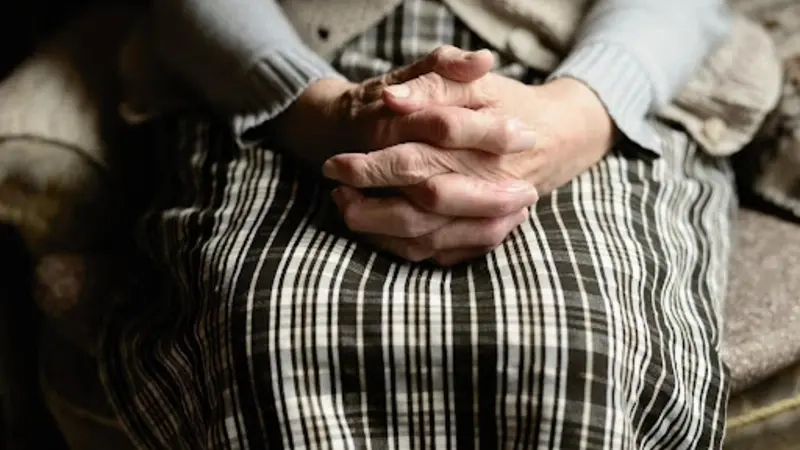As people grow older, their emotional and physical well-being can change in many ways. Some seniors may begin to experience sudden and intense episodes of fear or anxiety known as panic attacks.
These episodes can be confusing and frightening, both for the person going through them and for their loved ones. Recognizing the signs early and understanding how to respond with care can help make these moments less distressing.
Sudden Shortness of Breath
One of the most common signs of a panic attack in seniors is sudden shortness of breath. They may suddenly feel as if they cannot get enough air or that their chest is tightening. This feeling can quickly increase their fear and cause them to panic even more.
When this happens, it is important to stay calm and speak in a soft, steady voice. Encourage your loved one to take slow, deep breaths and focus on their breathing rhythm. Having them sit in a comfortable position in a quiet space can also help.
Rapid Heartbeat or Chest Pain
A racing heartbeat or chest discomfort often accompanies a panic attack. Seniors may describe the feeling as their heart pounding too fast or skipping beats. This symptom can be alarming because it feels similar to a heart problem. It is important to remain composed and gently remind them that the sensation is often temporary and caused by anxiety.
However, if the pain is severe or new, seek medical help immediately to rule out any heart issues. Once it is clear that it is a panic attack, help them slow their breathing and focus on calming thoughts.
Dizziness or Feeling Lightheaded
Feeling dizzy or lightheaded is another common sign of a panic attack. Seniors might suddenly feel off balance or like they are going to faint. This can happen because the body releases stress hormones that affect circulation and breathing.
When dizziness strikes, it is best to help your loved one sit or lie down to prevent a fall. Encourage slow, steady breathing and provide a glass of water if possible. Closing their eyes for a short time in a quiet space can help them feel grounded. Afterward, reassuring them that the feeling will pass can ease their anxiety about future episodes.
Trembling or Shaking
Many seniors experience trembling or shaking during panic attacks. Their hands might quiver, or their legs may feel weak. This happens because the body’s natural response to stress releases energy that shows through muscle movements. Instead of drawing attention to the shaking, it helps to stay calm and show understanding.
Sitting beside them or offering a comforting hand can help them feel supported. Encourage relaxation by guiding them to take deep breaths or stretch gently once the trembling starts to fade. Practising simple stress relief strategies for seniors such as deep breathing, gentle yoga, or quiet walks, can reduce the likelihood of these symptoms in the future.
Learn More About Panic Attacks in Aging Loved Ones
Recognising the signs of panic attacks in ageing loved ones allows families to respond with patience, empathy, and care. Each symptom – whether it is shortness of breath, trembling, or feelings of detachment – can be managed with calm reassurance and simple grounding techniques.
By understanding these signs and responding thoughtfully, you can help your loved one feel safe and supported. Early recognition and gentle care can make a big difference in their emotional comfort and overall quality of life.
If you’d like to learn more, check out more articles on our blog.


